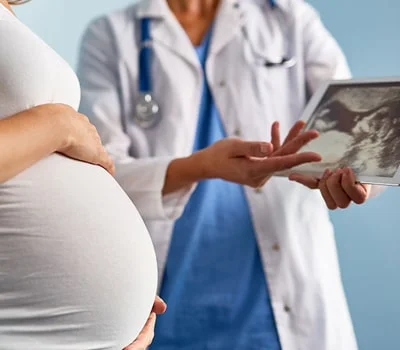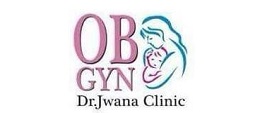All Departments
- PCOS Treatment
- STD Treatment
- Infertility Treatment
- Fibroid Treatment
- Endometriosis Treatment
- Ovarian Cyst Treatment
- Sexual Dysfunction
- Menopause Specialist
- Irregular Menstrual
- Laparoscopic Gynecologists
- Hysterectomy
- Urogynecologist
- Contraception
- Colposcopy
- AMH Testing
- O Shot
- G shot Treatment
- Vaginoplasty
- labiaplasty
- Clitoral Hoodectomy
- Vaginal Bleaching
- High-Risk Pregnancy
- Pregnancy Care
- Maternal Fetal Medicine
- Cesarean Delivery
- Painless Normal Delivery

High-Risk Pregnancy
Overview
Pregnancy is an unmatched, beautiful experience. But it can take a toll on your emotions once you know it is a high-risk pregnancy. Pregnancy experience differs with each individual, but some are more vulnerable to pregnancy complications.
A high-risk pregnancy is one where the mother’s health or the fetus’s life is in danger. When a mom-to-be suffers from a chronic illness or health issues, it may put her in the high-risk category. It suggests that you need extra care for a successful pregnancy and delivery.
What are the risk factors for a high-risk pregnancy?
Most of the time, a pre-existing medical disorder is a reason for a high-risk pregnancy. But there could be a new medical condition that originates during Pregnancy and pose a risk to the mother or the baby. The common factors that increase risks during Pregnancy:
Risk factors before pregnancy
Advanced Maternal Age: First-time mothers older than 35 years are more likely to develop health concerns during pregnancy.
Lifestyle Choices: Some lifestyle habits of taking drugs, excessive smoking, or alcohol can increase pregnancy complications.
Medical History: Some pre-existing medical conditions such as diabetes, hypertension, asthma, and infections need extra monitoring and involve risk.
Surgical History: those who have undergone surgeries on the abdomen and uterus are susceptible to more risk.
Risk factors during pregnancy
Multiple gestation Pregnancy: In the case of twins, triplets, or more babies, there is a greater risk of pregnancy complications.
Preeclampsia: A condition when the mother develops high blood pressure and swelling during Pregnancy. It typically develops after the 20th week of Pregnancy. This condition may affect other organs in the body and can be fatal for the mother and her developing fetus, as the fetus may not receive enough nutrients and oxygen.
A genetic disorder in a baby: Sometimes, a growing baby may develop genetic conditions that can be diagnosed in the womb using an amniocentesis. It includes chromosomal disorders like down syndrome, trisomy 21, or any problems related to a fetus’s brain and spinal cord.
Health problems during labor and delivery
Include birth to a preemie that takes place more than three weeks before the baby’s estimated due date.
Some diagnostic tests like chorionic villus sampling and amniocentesis also pose certain risks. Discuss them in detail with your specialist doctor.
